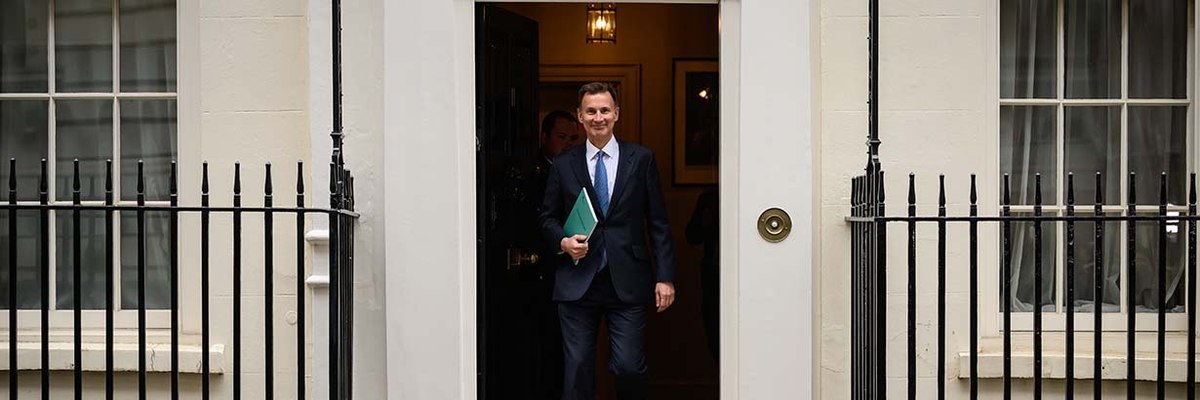Britons tend to think it won’t make much difference to the economy or their own finances
Following Wednesday’s Autumn Statement, a new YouGov survey for The Times explores how Britons have reacted to the economic measures announced.
Of the seven provisions we polled, the most popular is the increase in the minimum wage, from £10.42 to £11.44 an hour. Fully 85% of Britons say this is a good idea, with only 9% branding it the wrong priority for the present time.
Three quarters (78%) back increasing the station pension in line with wages – unsurprisingly, the over-65s are especially keen, at 91%.
Six in ten Britons say that increasing welfare benefits in line with inflation is a good idea (64%) and a similar number say the same of the National Insurance reduction (61%).
Conservative voters are less likely to approve of the uprating of welfare benefits than their Labour counterparts (54% vs 76%). Despite being predominantly of working age, Labour voters are less likely to approve of the NI cut than Tory voters (54% vs 72%).
Six in ten Britons also say compulsory work placements for those who have been out of work for 18 months are a good idea (60%).
The unglamorous proposal to allow “full expensing” for businesses – meaning they will be able to claim money they spend on IT, machinery or equipment back against tax – gains plurality support, with 43% calling it a good idea compared to 34% who think it is the wrong priority.
By contrast, freezing tax on alcohol at current levels tends to be unpopular, with 47% saying that doing so is the wrong priority, and only 38% thinking it is a good idea.
Britons don’t think the Autumn Statement will make much difference
Thinking about the Autumn Statement as a whole, Britons tend to see it as fair (38%) rather than not fair (23%).
They are divided 31-29% on whether or not it is affordable, however, and the general view is that it won’t make much different to the country (48%) or respondents’ own household finances (55%). This perception is shared equally by Conservative and Labour voters.
The public’s economic outlook remains gloomy
Britons continue to have a negative opinion of the state of the economy, and the government’s stewardship of it.
Seven in ten (69%) say the economy is in a bad state, while only 19% consider it ‘neither good nor bad’ and just 7% believing it to be good. Almost two thirds think the government is managing the economy badly (64%) – just a quarter say they are doing well (26%).
These figures are virtually identical to when we previously asked in March, following the Budget.
Economic expectations for the future are marginally improved, however, although still lacklustre.
The number of Britons who think the economy will get worse over the next 12 months has dropping eight points since March to 48%. However, there has been no change in the number expecting things to actually improve (18%), with a marginal increase in expectations that the economic situation will stay about the same (up four points to 24%).
There has likewise been a ten point decline in the expectation that Britons’ own household finances will get worse over the next 12 months (to 41%). This has largely been mirrored by an increase in the number who expect their finances to stay the same (up seven points to 37%), while few expect things to improve for themselves and their family (14%).
How is Jeremy Hunt doing as chancellor?
Britons remain largely disengaged from Jeremy Hunt’s job performance, with 45% answering “don’t know” when asked whether he is doing a good or bad job as chancellor of the exchequer.
One in five (22%) think he is doing a good job, while 33% think he is doing poorly. Those who voted for the Conservatives at the last election think he is doing well by 43% to 20%, while Labour voters think he is doing badly by 8% to 51%.
Photo: Getty









